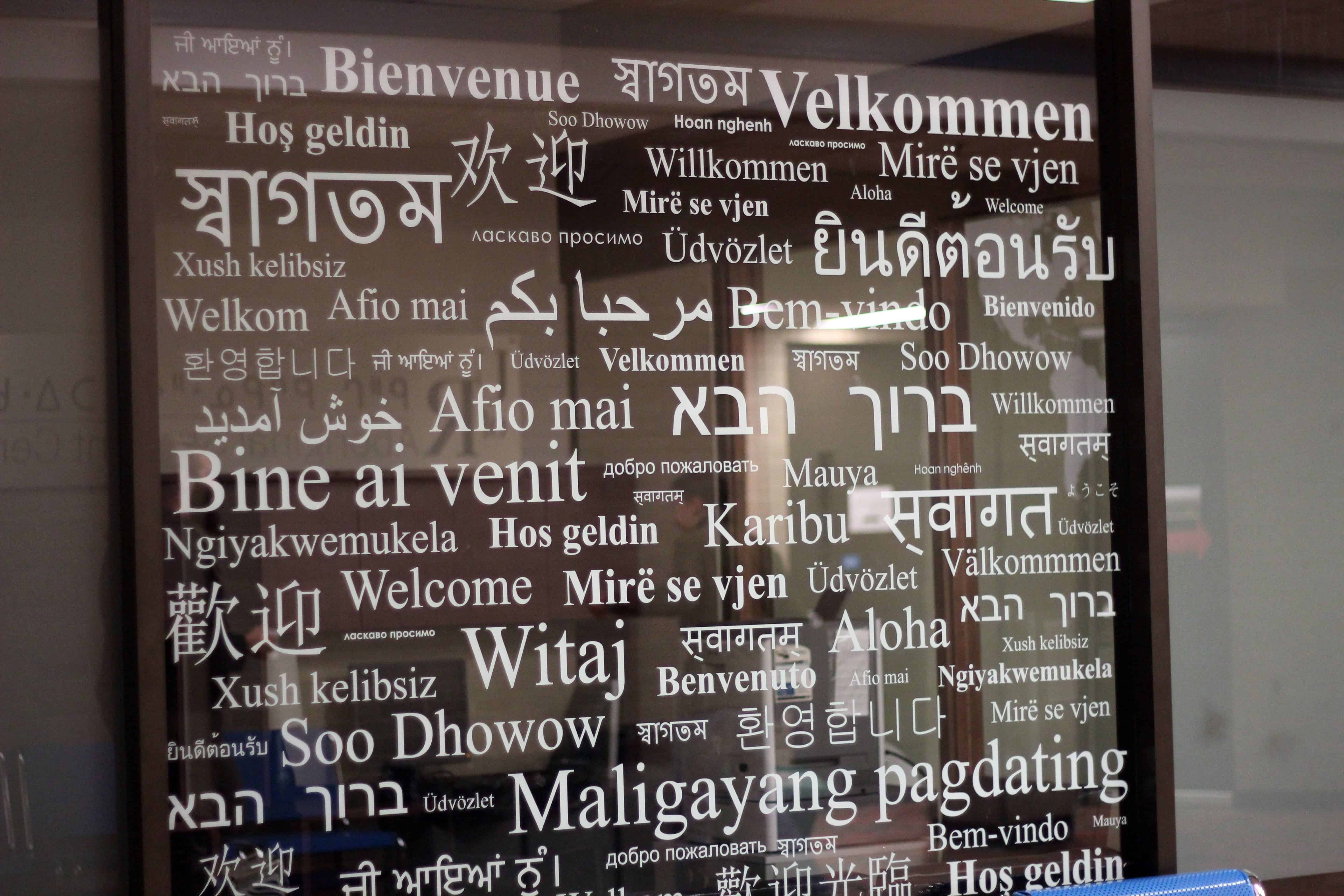Show Review – Video Games Live

![[4A]video games live pic](http://www.carillonregina.com/wp-content/uploads/2012/11/4Avideo-games-live-pic-1024x681.jpg) Video Games Live is an event that can be enjoyed by gamers and people who have never played a game in their lives. To give a very brief overview, Video Games Live is an event where an orchestra and choir group perform faithful re-creations as well as orchestral reinterpretations of soundtracks from various video games.
Video Games Live is an event that can be enjoyed by gamers and people who have never played a game in their lives. To give a very brief overview, Video Games Live is an event where an orchestra and choir group perform faithful re-creations as well as orchestral reinterpretations of soundtracks from various video games.
The orchestra began with a track from Castlevania, and from there, the audience expressed varying degrees of excitement upon hearing the opening melodies from games like Mass Effect, Final Fantasy, Journey, and many other titles. Even if you don’t enjoy video games it’s still possible to appreciate the orchestral score of Mass Effect as blue lights sprinkle the arena and a space ship graciously lumbers past a neighboring planet, while the low and slightly ominous drum beats of the orchestra evoke mystery and possible danger.
The piece for Civilization IV, in particular, stands out as something for non-gamers. As the Grammy-winning orchestral piece begins, the screen displays the game’s various cinematic sequences. Even if you don’t play video games, you’re witnessing an artistic interpretation of a world and culture developing and standing in majesty.
The orchestral pieces were separated by occasional video skits featuring characters like Mario and Sonic the Hedgehog; the videos acted as an affectionate jab at the occasional foibles, creative missteps, and weird coincidences in video game history. But, those who aren’t well versed in video game history probably won’t appreciate the humor of Sonic the Hedgehog’s agent proclaiming “Where do you see yourself in 14 years? Because I see you as a werewolf”. The segments were cheesy in their humor and delivery, occasionally fun, and acted as a tonal contrast to the more serious orchestral pieces.
The final three pieces concluded the show in spectacular fashion. The re-creation of the Skyrim theme was something you could easily enjoy on its own, but the game’s images of slaying and adventure, as well as the soundtrack all lend themselves very nicely to the theatrics and spectacle of Video Games Live. Following Skyrim was a Street Fighter piece that used strategically placed guitar riffs to evoke the nostalgic machismo and bravado of the series.
Despite Street Fighter being the “final piece” for the show, Christopher Tin returned to the stage to conduct a Pokémon medley (accompanied by footage from the game and anime), much to the nostalgic delight and the gooey emotional attachment of the audience (myself included). Creator Tommy Tallarico and vocalist Laura Intravia returned on stage to do a classic, single-guitar singalong of “Still Alive” with the audience waving cell phones, handheld gaming devices, and other technology in the air like lighters. The guitar sing-along would not be out of place around a campfire, and the waving LED lights would not be out of place at an AC/DC concert. While the song itself contained video game in-jokes its dark humor and charming, simple melody could still entertain those who have never played Portal.
Overall, Video Games Live is a joyous submersion in nostalgia, emotion and appreciation of art. The joy and appreciation was shared, as the crowd remained mostly quiet nonetheless during the pieces, not wanting to miss a moment or note – despite Tallarico’s insistence early on that the crowd cheer during the pieces. Further, the pieces themselves ran about two to three minutes, never outstaying their welcome for those unfamiliar with the soundtracks.
Video Games Live is more than just orchestra, it’s performance in various species or incarnations. From the audio-visual orchestra/game footage pieces and performers interacting with on-screen images, to the audience cheering on competitions, Video Games Live incorporates various kinds of theatre, audience interaction and performance to create something that goes beyond video games.
Rather than focusing on video game soundtracks, Video Games Live uses video games as form of appreciating art and culture; the music is a means, not an end in and of itself. You appreciate the massive scale and fantastic nature of cultural myths through Skyrim; you appreciate the artistic interpretation of the world and culture through Civilization; you appreciate classic and modern music through Rock Band. This is achieved through the orchestra/game footage style; gamers see cutscenes from Civilization as the game’s theme plays, while non-gamers – even gamers, for that matter – see an artistic representation of worlds and civilizations forming while set to a Grammy-winning orchestral piece.
Ultimately, I believe this is the greatest strength of Video Games Live, as it’s more than a celebration of our favorite time waster; it’s a celebration of culture, emotional attachment, and Civilization.
Ethan Stein
Contributor
Photo courtesy videogameslive.com








